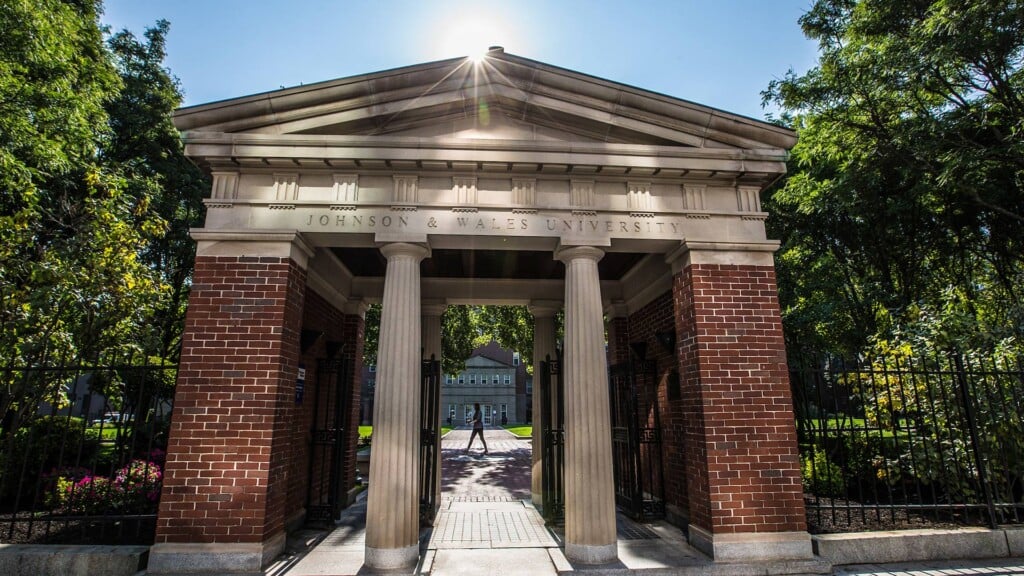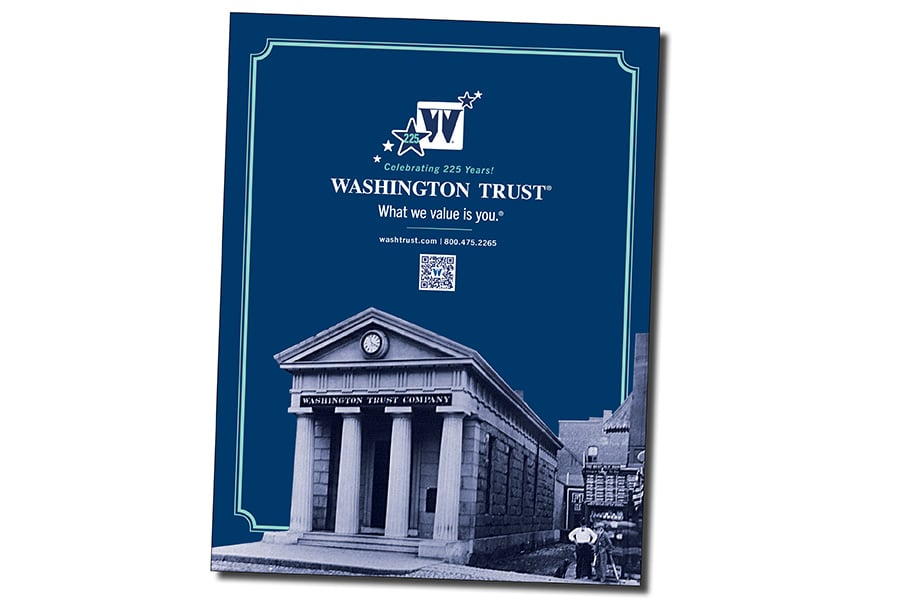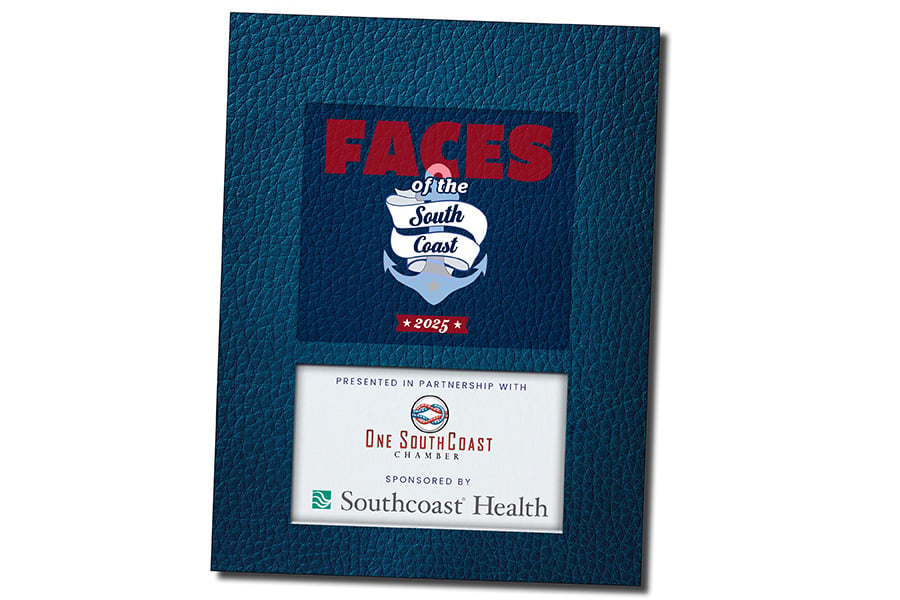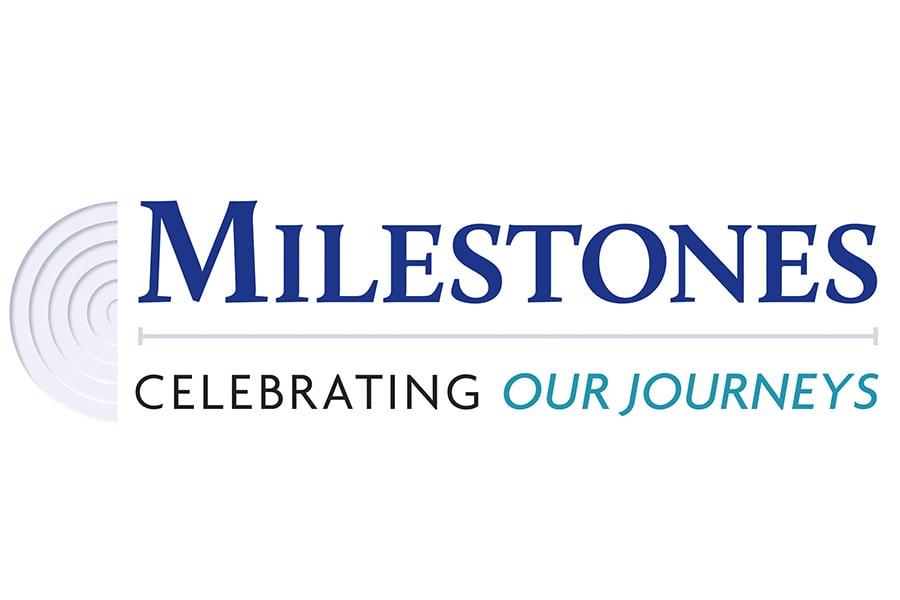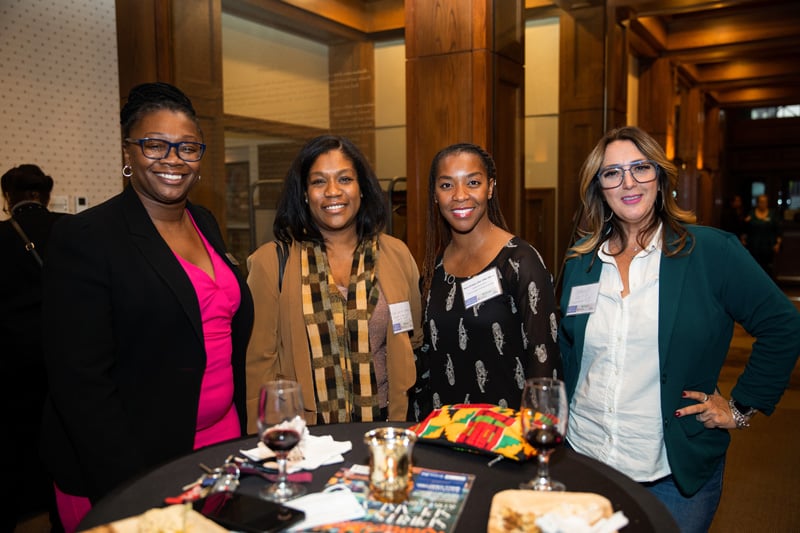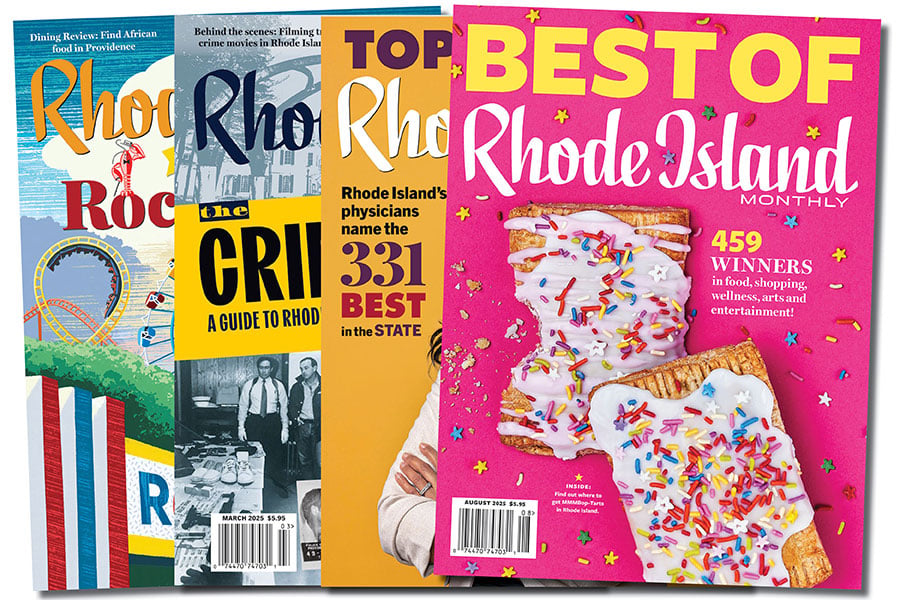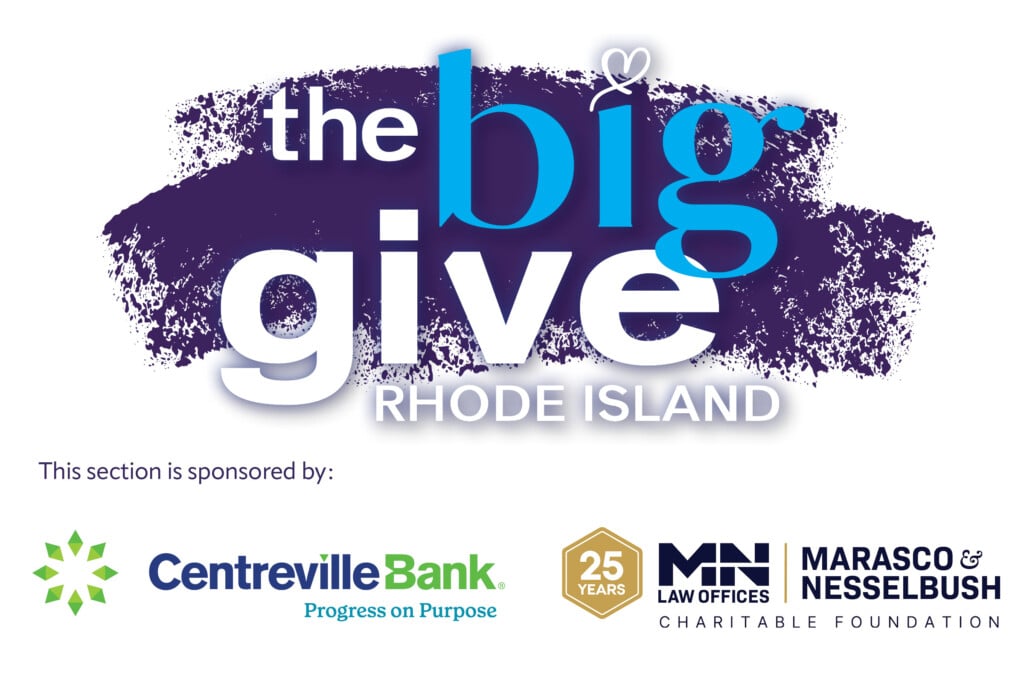Q&A: Rafay Rashid of Ravi Shavi Discusses Debut Solo Album Kitchen Weapons
The frontman has performed with Ravi Shavi for a decade and more, but this is the first time the tracks are all more personal to his life.
The frontman has performed with Ravi Shavi for more than a decade, but gets a bit more personal with his debut solo album, Kitchen Weapons.
How did you first get involved in the local music scene?
I was born in Pakistan but came here when I was eight. I grew up in Warwick, and started my first band in high school. I was in the band Yelling Game and another band, and we would play our earliest gigs at the Living Room. I started to get immersed in the music scene when I graduated from SUNY Purchase. I started Ravi Shavi around 2011. We played every show we could hop on. I wrote all the demos, which would become the first Ravi Shavi album while I was at Purchase. Around here, we played an awesome release show with Roz Raskin’s old band the Rice Cakes at Firehouse 13. That was in 2012. Ever since then, I’ve been doing Ravi Shavi and all these other side projects.
I know the genre that best describes your music is garage rock or what would you say?
Genres are always a tricky thing. We are also indie rock. We’re probably less genre-bound than a lot of garage rock acts I’ve come across.
Who is your music most inspired by? I’ve heard Iggy Pop references from locals.
For Ravi Shavi, it is a lot of late-seventies, early-eighties punk rock and new wave music. I think we’re a lot less heavy and abrasive than a lot of the punk bands from that era, but we generally try to channel some of that spirit.
I know your stage presence comes into play with your music, so can you tell us about that energy and why you think that’s important?
I think there’s something primal when you channel the punk energy in a live performance. People respond to it, but then I’m also trying to combine that with old school showmanship, like James Brown. That’s why I am a big fan of David Byrne as well. It’s a visual thing when you play a show. For me, a big part of it is uncontrollable. It’s not something I think about consciously. It just happens.
This is your first solo album, even though you have been performing for years. What took so long?
Ravi Shavi started off as a moniker, then it became a band, especially when our guitarist Nick Politelli joined. We co-wrote everything from 2013 or so. I think when it became collaborative in that sense, anything I did solely on my own would end up as demos. The ones Nick really responded to we ended up bringing to the band. And I think for this solo album, this was the first time that the subject matter was so personal. It is essentially a breakup album, but it’s also about personal themes, such as addiction. It just felt too personal and autobiographical to have it come from anywhere else but me and my name.
The name of the album, Kitchen Weapons, where does that come from?
It evokes a strange duality for people, where there’s the domesticity and comfort of a kitchen, and of course, the darker side of weapons. Just some of those things people don’t talk about in their private lives.
Can you talk about the relationship you have with Deer Tick?
Dennis Ryan, the drummer of Deer Tick, produced the entirety of Kitchen Weapons. He put a fifty-fifty effort into making that album because he not only produced it, he drummed on every track, and he sang on it. He played various instruments. He mixed it. It always felt like it would be great when the live show did come for Kitchen Weapons to incorporate Dennis somehow, and then when they were going on their tour, it really coincided nicely with when we were looking for a release date anyway. Luckily, they needed an opener and there we were. Chris and Dennis are our rhythm section for the Deer Tick tour that we are opening. Then Liz Isenberg, who is a great singer/songwriter and also has been in the orbit of Deer Tick for a long time — she sang on the first Deer Tick record — she is on the tour with us as well, playing piano. So is Shahjehan Khan, who is in our band, Ravi Shavi, and also in another band called the Kominos.
Tell me more about Kitchen Weapons. You said it’s about a breakup and it’s highly personal to you.
It’s about the culmination of a ten-year relationship and the breakup and its aftermath. After the breakup, I returned to the house in which I had spent my twenties and lived with the band. That’s where I wrote and recorded the album, with just a mattress on the floor and very little things, but there was a piano in the basement. That’s what I put all of my energy into. Seeing it come to fruition with the help of my manager, Darren Hill, who runs POP in Providence, Harry Howes at Almost Ready Records, and Larry Webman at Wasserman has been rewarding.
Did it take you a long time to write the songs?
The whole thing was written within a matter of a few weeks. I needed to release it; it was almost like I was on survival mode.
Going through a breakup is tough.
It really is, and at the same time, I was dealing with … I’m sober now, but I had recorded this about eight months before I got sober. It was the last days of this sort of long run with alcohol and amphetamine use. It was generally a dark time, but it felt like a moment of clarity while writing those songs, and it was a great catharsis for me. It was a very romantic time, even though it was bleak.
I know the photo on the cover of your album is in a graveyard. Is there a reason for that?
I think just because the album represents the end of so many things. The end of a relationship. The end of the days of partying. It felt like I was putting something to rest by putting this album out.




